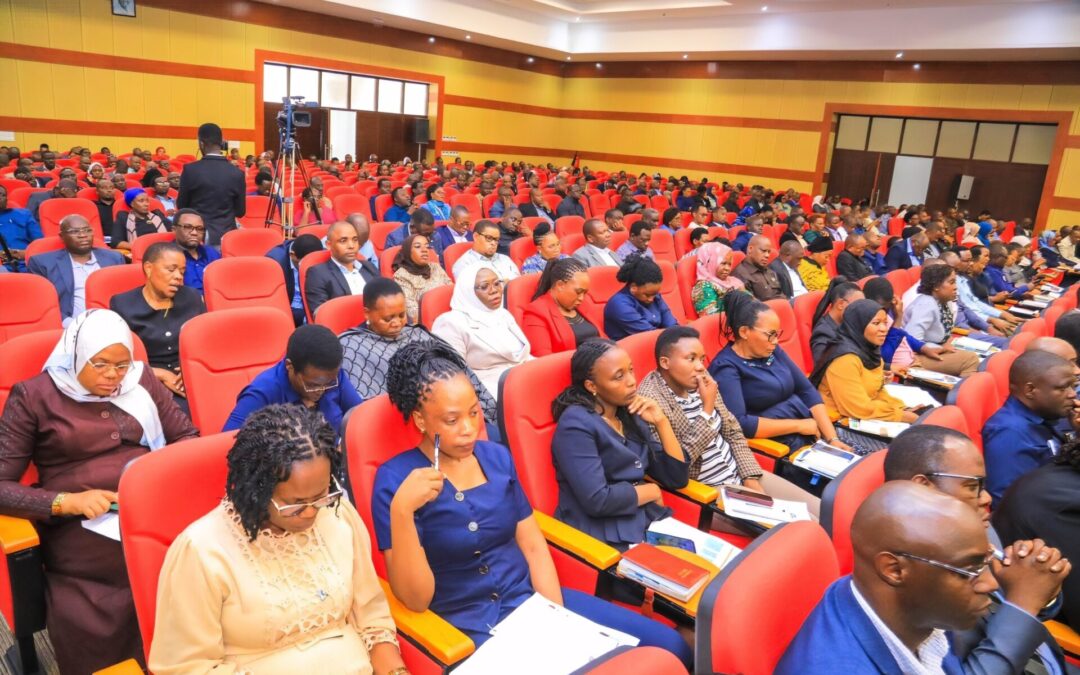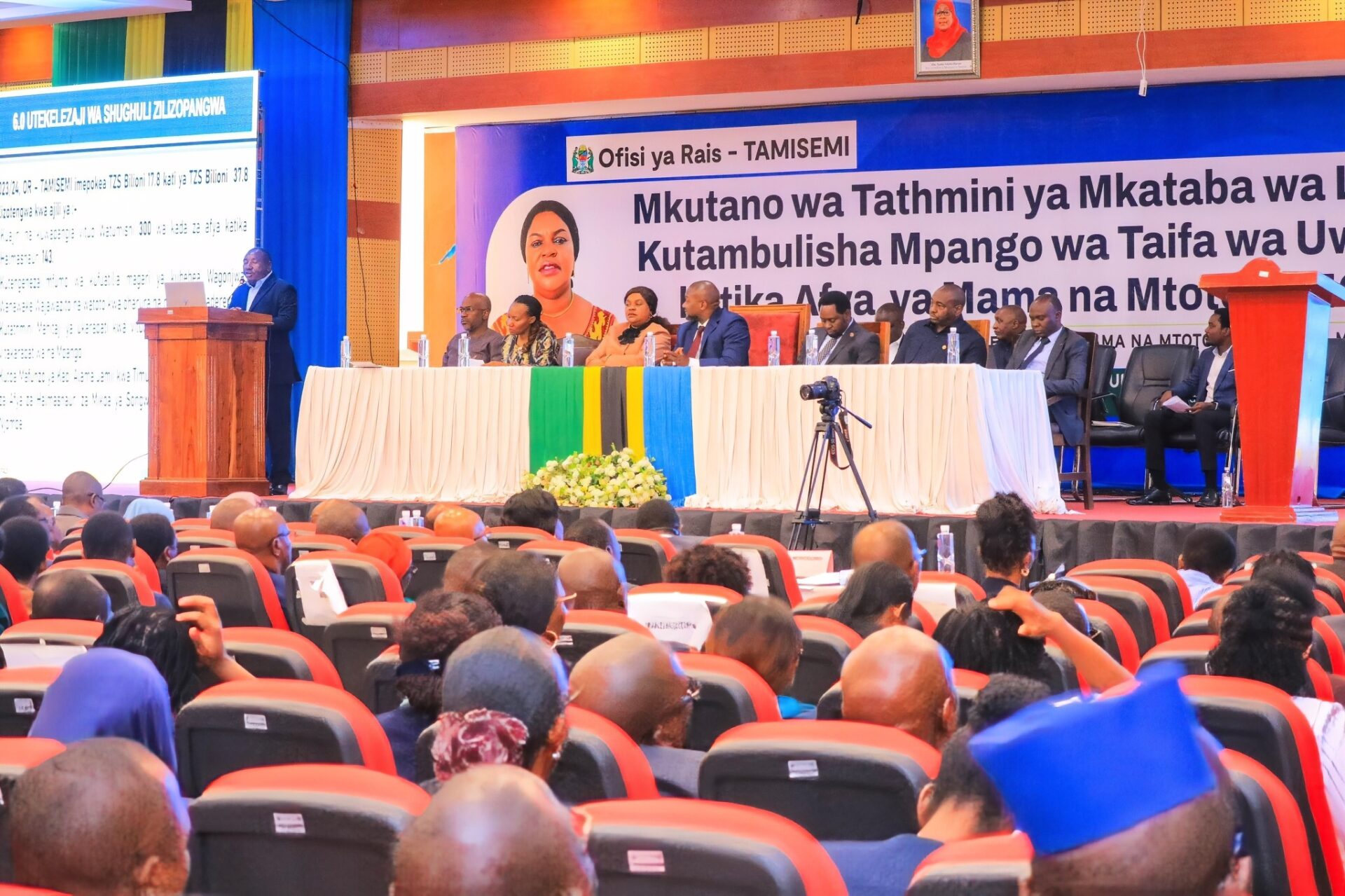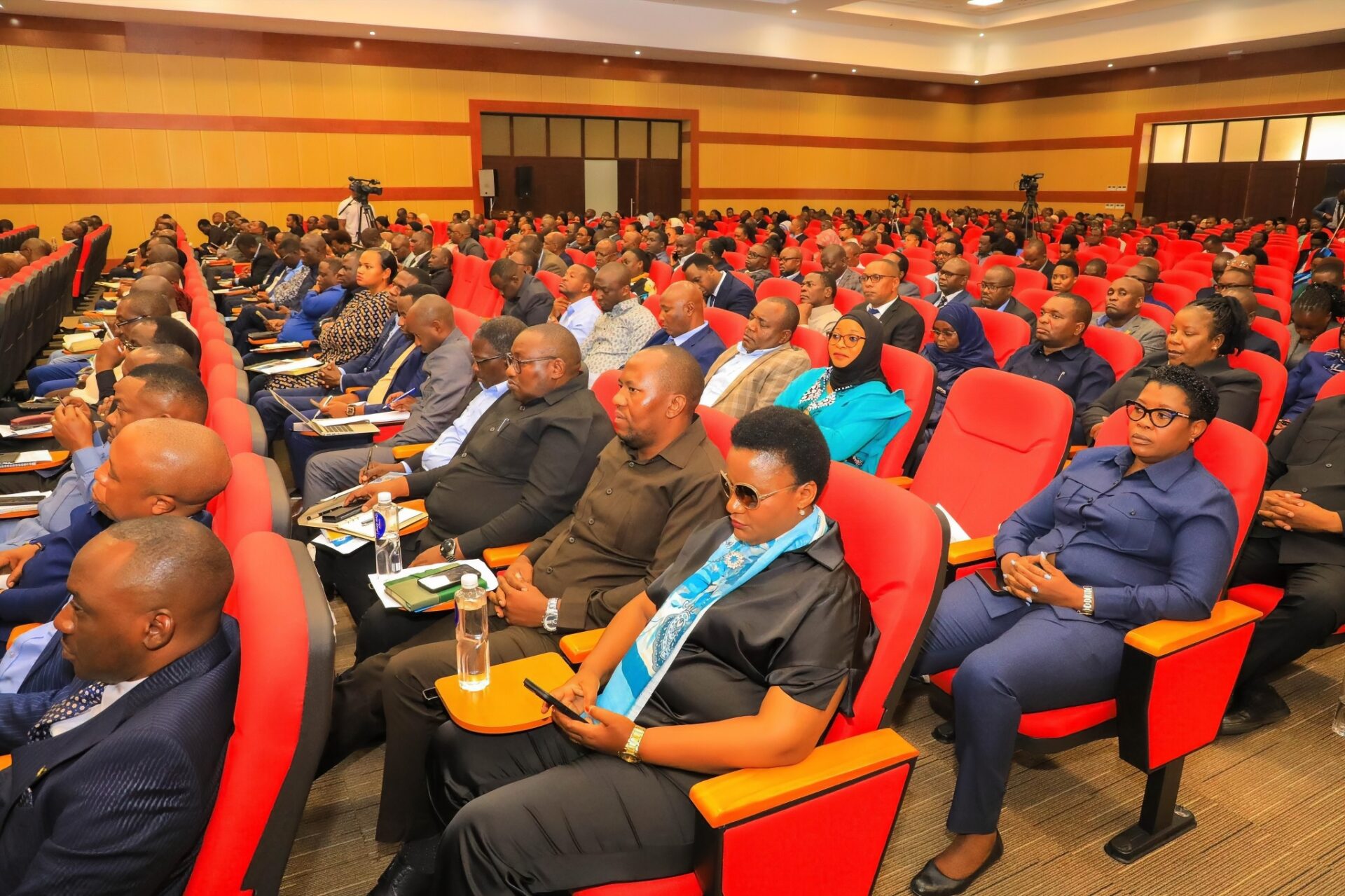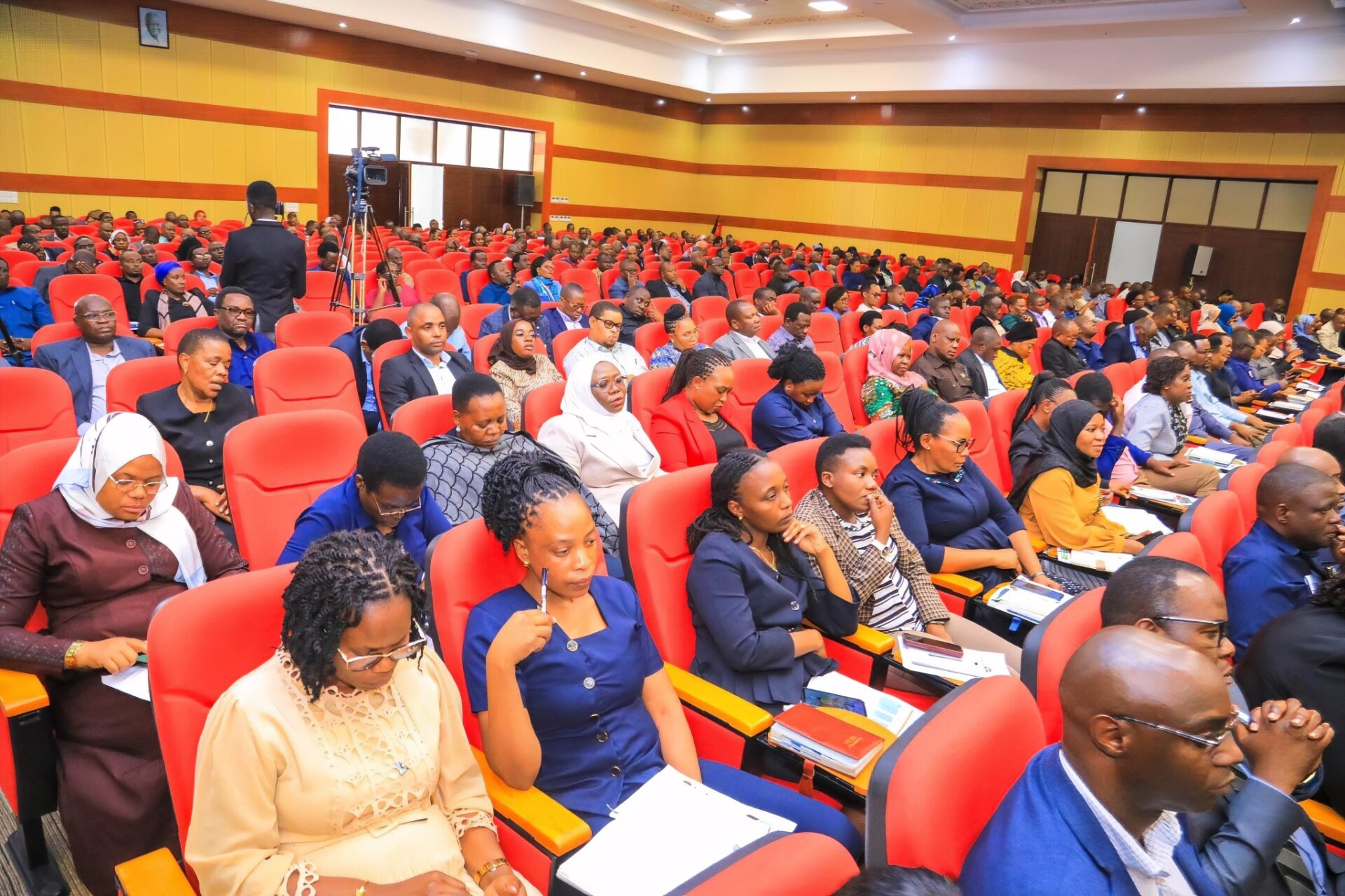The Tanzanian government has initiated a transformative process with the objective of enhancing maternal and child health through the implementation of the Investment Program in Mother and Child Health (TMCHIP). This ambitious initiative has been devised with the objective of enhancing a broad spectrum of health services across the nation, thereby ensuring that mothers and children receive the care and support they require in order to enjoy a healthier future.
A Comprehensive Approach to Health Services
A central objective of the TMCHIP is the construction of new health centres, which are essential for the expansion of access to fundamental health services in both urban and rural areas. These centres will serve as pivotal points of care, providing essential medical attention to communities that have historically been underserved. The objective of the programme is to reduce the distance and time it takes for individuals to access medical care by increasing the number of health facilities. This will have the effect of improving health outcomes for mothers and children.
In addition to infrastructure development, the programme places an emphasis on the hiring of health service providers on contractual terms. This strategic initiative is designed to address the shortage of healthcare professionals in the country, thereby ensuring that the newly constructed health centres are adequately staffed with qualified personnel. The programme aims to enhance the quality of care provided to patients by attracting skilled health workers and offering them stable employment.
Advancements in Maternal Services
Furthermore, the TMCHIP is committed to the ongoing enhancement of maternal services, which are vital for safeguarding the health and well-being of expectant mothers and their infants. These services encompass a range of interventions, including prenatal and postnatal care, as well as nutrition and education programmes. The objective of the programme is to reduce maternal and infant mortality rates, which remain a significant challenge in Tanzania, by strengthening maternal services.
A Collaborative Effort Across Regions
The implementation of this five-year plan is a collaborative effort involving multiple governmental bodies. The Ministry of Health Tanzania Mainland, the Office of the President – Regional Administration and Local Government (TAMISEMI), and the Ministry of Health – Zanzibar are all instrumental in the implementation of this initiative. It is therefore imperative that these bodies work in concert to guarantee the effective nationwide implementation of the programme, which must address the specific health challenges faced by each region.
The coordination of the programme is the responsibility of the Ministry of Finance in Tanzania Mainland and the Ministry of Finance in Zanzibar. The aforementioned ministries bear responsibility for the supervision of the financial aspects of the initiative, ensuring the optimal allocation of resources and the maintenance of the programme’s trajectory towards the fulfilment of its objectives.
Evaluating Progress and Setting the Stage for Success
The Eighth Meeting of the Evaluation of the Nutrition Agreement and Introduction of the National Investment Program in Mother and Child Health, convened at Mtumba City Hall in Dodoma, constituted a noteworthy milestone in the implementation of the program. The meeting convened stakeholders from disparate sectors to assess the advancements made thus far and to deliberate on strategies for surmounting potential challenges.
During the meeting, participants emphasised the necessity of continuous monitoring and evaluation in order to guarantee that the programme’s objectives are achieved. By conducting periodic assessments of the programme’s impact, stakeholders can make well-informed decisions and implement necessary adjustments to enhance its effectiveness.
The Road Ahead: Challenges and Opportunities
Although the TMCHIP represents a substantial advancement in the field of maternal and child health in Tanzania, it is not without its inherent challenges. To ensure the sustainability of the programme beyond the initial five-year period, it is essential to maintain an ongoing commitment from both the government and its partners. Furthermore, it is of paramount importance to address the cultural and societal barriers that may impede access to healthcare, in order to ensure the programme’s success.
Nevertheless, the potential benefits offered by the TMCHIP are considerable. By investing in the health of mothers and children, Tanzania is establishing the foundations for a healthier and more prosperous future. Improved health outcomes have the potential to contribute to enhanced productivity, economic growth and an improved quality of life for all citizens.
Enhancing Healthcare Services: A Comprehensive Approach to Reproductive and Child Health
In order to enhance the quality of healthcare services, Dr. Athumani Pembe, the programme’s coordinator, has devised a comprehensive strategy that seeks to reinforce emergency reproductive health services and surgical care for pregnant women.
This initiative is not only focused on improving maternal health but also has the potential to extend benefits to emergency services for infants and sick children. Moreover, the initiative aims to reinforce the provision of reproductive health services for adolescents, thereby ensuring a comprehensive approach to healthcare that encompasses diverse age groups and requirements.
Objectives and Strategic Interventions
The principal aim of the programme is to establish a resilient healthcare system that is equipped to respond effectively to the urgent needs of vulnerable populations. The programme’s objective is to reduce maternal and infant mortality rates by enhancing emergency reproductive health services, which is a critical concern in many regions. The emphasis on surgical care for pregnant women is of particular importance, as timely and effective interventions can markedly enhance outcomes for both mothers and their newborns.
In addition to maternal and child health, the programme places a strong emphasis on adolescent reproductive health. Adolescents frequently encounter distinctive challenges and obstacles to healthcare access, which can have far-reaching implications for their well-being. The objective of the programme is to reinforce these services in order to provide adolescents with the necessary support and education to enable them to make informed health choices.
Nutritional Interventions and System Enhancements
In recognition of the pivotal role of nutrition in overall health, the programme also seeks to reinforce nutritional interventions at both regional and council levels. Optimal nutrition is vital for the growth and development of children and is instrumental in the prevention of a range of health issues. The implementation of targeted nutritional programmes represents a key strategy for addressing malnutrition and promoting healthy lifestyles within communities.
Furthermore, the programme is dedicated to the advancement of referral and emergency disease management systems at the primary healthcare level and regional referral hospitals. This entails the optimisation of procedures to guarantee that patients receive timely and appropriate care, thereby improving health outcomes and reducing the burden on healthcare facilities.
Leveraging Information Technology for Health Data Management
In the contemporary digital era, the effective collection and processing of health data are of paramount importance. In order to achieve this objective, the programme seeks to reinforce information technology systems, thereby facilitating the efficient management of diverse health data. The utilisation of sophisticated IT solutions enables healthcare providers to make data-driven decisions, monitor health trends and implement evidence-based interventions.
Collaborative Efforts and Stakeholder Engagement
The success of this ambitious programme is contingent upon the collaboration and engagement of the various stakeholders. The recent meeting, which was attended by Hon. Mohamed Mchengerwa, Minister of State for the Office of the President, and TAMISEMI, who was present as the official guest, served to emphasise the significance of a unified approach. In addition, the meeting was attended by regional heads, regional administrative secretaries, district heads, council directors, regional and council chief medical officers, and regional nutrition officers.
These stakeholders are of great consequence with regard to the implementation and sustainability of the programme. The collective expertise and commitment of these stakeholders is indispensable for advancing the initiative and guaranteeing the effective fulfilment of its objectives.
In conclusion, it can be stated that… A Vision for a Healthier Tanzania: The program spearheaded by Dr. Athumani Pembe represents a comprehensive and strategic approach to enhancing healthcare services. By concentrating on emergency reproductive health, child health, adolescent services, nutritional interventions and system enhancements, the initiative strives to establish a resilient healthcare framework that can adapt to the needs of diverse populations.
As the programme progresses, it will be essential to maintain collaboration among stakeholders and to integrate innovative solutions in order to achieve its goals. It is the intention of the programme to effect a considerable improvement in the health and well-being of communities, thus paving the way for a healthier future.
The Investment Program in Mother and Child Health serves as a testament to the commitment of the Tanzanian government to enhance the health and well-being of its citizens. By making strategic investments in infrastructure, human resources, and healthcare services, the programme aims to establish a robust health system that will support mothers and children throughout the country.
As the programme progresses, it will be essential for all stakeholders to collaborate, utilising their expertise and resources to overcome challenges and capitalise on opportunities. Consequently, Tanzania can attain its vision of a healthier, more equitable society in which every mother and child has access to the care they require to flourish.
Tanzania Media
- Kanyala Ferry Launch: TEMESA’s New Service for 15,000 Sengerema Residents (Mwanza) - 18 August 2025
- Russia-Tanzania Naval Cooperation: How the Smolny Training Ship Boosts Dar es Salaam’s Maritime Security - 18 August 2025
- Tanzania’s ICGLR Commitment: Stabilising the DRC & Great Lakes Region - 18 August 2025





























